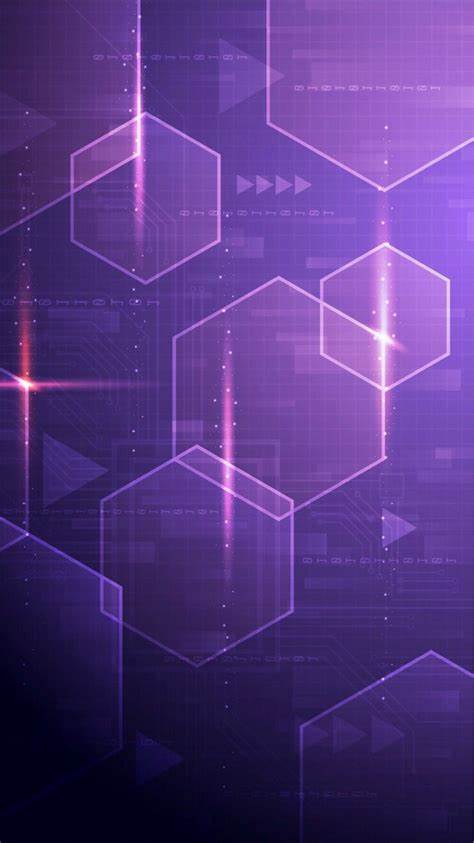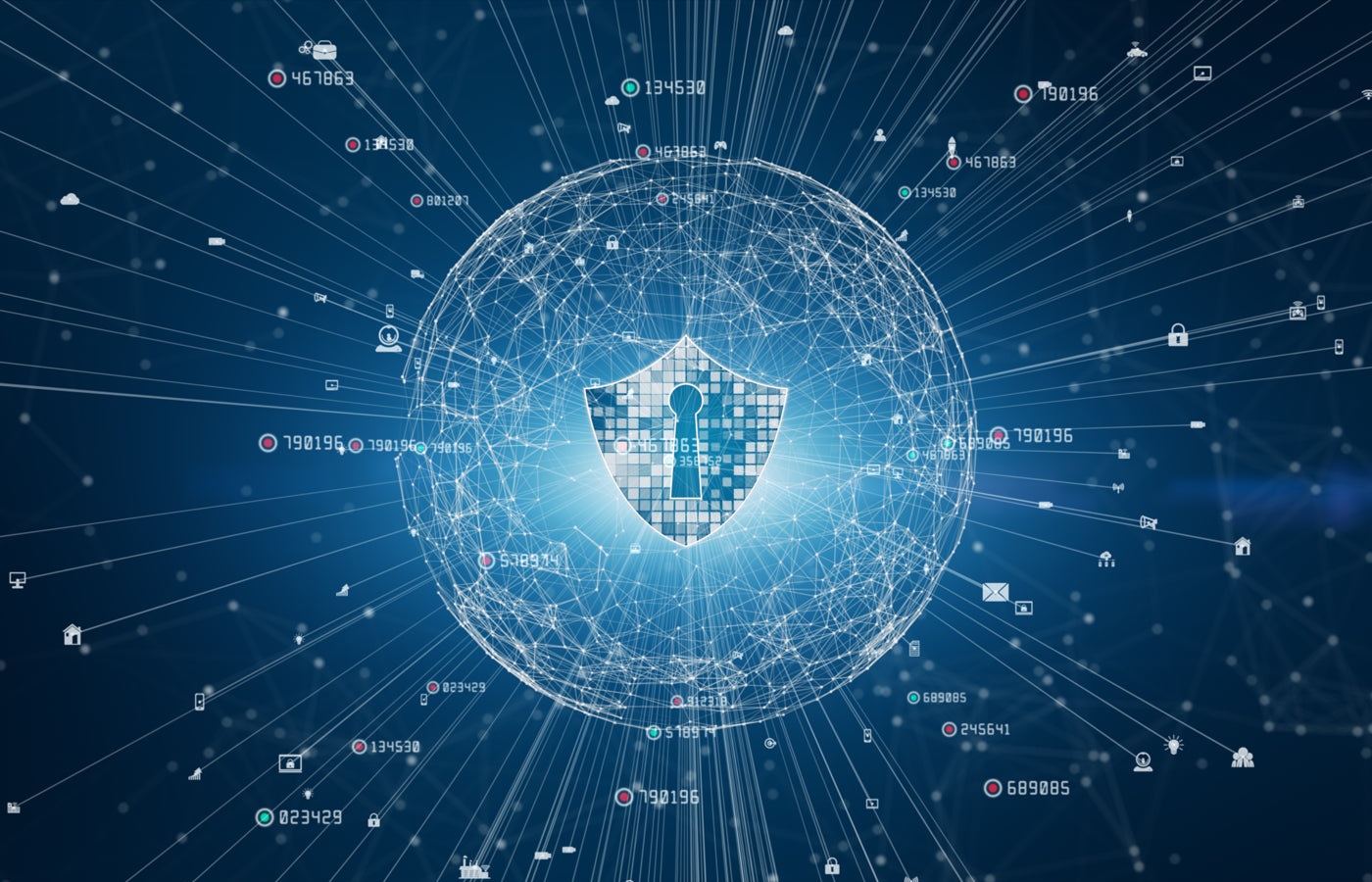What is BlockChain?
Blockchain is a decentralized, distributed ledger technology that records transactions across a network of computers in a secure, transparent, and immutable manner. Each transaction is grouped into a "block," which is then linked to the previous block, forming a chronological "chain" of data—hence the name "blockchain."

About Phaeton’s Blockchain Technology
Phaeton is a Web3 application platform designed for interoperability with sidechain technology.
Phaeton’s JavaScript SDK provides developers with a straightforward path to launching their own network compatible blockchains that are highly scalable and capable of addressing cybersecurity threats globally. Phaeton’s blockchain enables delegate forging with low energy computation power
requirements and achieves consensus using Delegated Proof of Stake (DPoS). Phaeton has created a highly secure, encrypted, decentralized network infrastructure for the world to use.
Phaeton’s technology provides an alternative, green off-grid network solution for securing data and
information, powered by vanadium redox flow batteries (VRFB), which meet the UN’s Environmentally
Sustainable Goals (ESG) requirements. Phaeton’s distributed blockchains ensure that all nodes within the system can reach consensus on the chain state. This means delegates must not only forge blocks but also agree on the correct block at each block height.
To ensure consensus, Phaeton has incorporated Delegate Byzantine Fault Tolerance (DBFT) into its consensus algorithm, guaranteeing that blocks reach finality and can never be reverted.
Phaeton has also created the world’s most secure network infrastructure by utilizing its proprietary blockchain technology, powered by renewable energy sources, and leaving a zero carbon footprint. As the network expands, its security strengthens, making Phaeton nearly impenetrable against cybersecurity attacks
Issues Globally
Blockchain technologies like AWS, Ethereum, and Google are increasingly outdated, facing vulnerabilities
to hacking, slower transaction speeds, and limited scalability. Many businesses rely on these platforms
but lack the privacy and security offered by decentralized blockchain structures. To address these
challenges, it’s essential to elevate cybersecurity as a core strategic concern and foster stronger
collaborations among industry leaders, regulators, and policymakers.
As machine learning and artificial intelligence tools gain traction, organizations are becoming more
dependent on robust software, hardware, and cloud infrastructure. Phaeton’s decentralized blockchain
network architecture provides a comprehensive solution to these issues, ensuring enhanced security,
speed, and capacity for businesses moving forward.
One of the primary advantages of Phaeton’s modular data centers is their rapid deployment capability.
Since core components are prefabricated in a factory, on-site construction time is significantly minimized.
Once the modules arrive, only minimal assembly is required, and they can be operational in a short
timeframe. This quick setup is vital for organizations that need to swiftly establish new facilities or
respond to urgent capacity demands. It accelerates time-to-market for businesses and reduces the lead
times typically associated with traditional data center construction.
Additionally, this rapid deployment capability is crucial for disaster recovery scenarios, where the quick
restoration of IT services is essential, as well as in the event of a cybersecurity attack on a distributed
network.

Phaeton’s Flexibility Modular Distributed Network
Phaeton’s modular data centers provide exceptional flexibility in both design and operation. Our modular architecture allows for various configurations tailored to specific requirements, including differing power densities, cooling capacities, and space constraints. Modules can be customized with varying levels of redundancy, security, and environmental controls to meet diverse application needs. Their containerized design also facilitates easy relocation or reconfiguration, making them suitable for a variety of environments, including remote or temporary locations.
This adaptability supports a wide range of use cases, from standard data processing to specialized applications that require unique environmental conditions. Additionally, the design accommodates different IT equipment layouts, enabling configurations tailored to operational needs.

THE SOLUTION
Phaeton leaves ZERO carbon footprint by utilizing multiple renewable energy sources. Alternative blockchain technologies have massive energy consumption requirements, whereas Phaeton uses less computation power as our consensus protocol is DPoS and utilizes less than 0.00001% of the energy required by Phaeton’s closest competitor. In fact, Phaeton uses renewable energy sources to power its entire network infrastructure, making it the most reliable and secure data network globally. Phaeton’s decentralized native blockchain and sidechain technology are un-hackable due to multiple node use and a 5-second window for the transfer of transactions or information through proprietary technology utilizing Web3 and Blake3.
Other blockchain solutions use SHA256, similar to global banking cybersecurity requirements, which is an antiquated technology over 10+ years old. Phaeton has a joint venture with an Australian vanadium battery manufacturer, whereby vanadium provides a shelf life of up to 40+ years of off-grid battery storage. Phaeton has set itself apart from competitors by building the infrastructure layer to support multiple networks and is the world’s true decentralized network in collaboration with Hewlett Packard Enterprises
(HPE) and Australian Flow Batteries

FUTURE MARKETS
Our platform is positioned to transform blockchain technology in key global markets. We will begin our initial rollout in select regions, with plans to expand into additional countries over the next 18–36 months. These markets offer significant opportunities to address pressing needs in cybersecurity, data privacy, and sustainable infrastructure. In addition, we are integrating Quantum Key Distribution (QKD) into our blockchain to provide an added layer of security.
QKD offers a fundamentally secure way of distributing cryptographic keys, ensuring that data transmitted through the network remains secure even in the face of potential quantum computing threats. This innovation positions our platform to lead the way in next-generation blockchain security.

MANAGEMENT
Between Phaeton’s head office in Perth, Australia, and the Head Office in Singapore, the Phaeton management, technical, and advisory teams come from diverse backgrounds, including Deutsche Bank, RBC, Nomura, Rio Tinto, Komatsu, Caterpillar (AI and automation divisions), Telstra, BP, BHP, and FMG. General disciplines within the company’s management team include AI, automation, and mechanical engineering, blockchain and crypto technologies, finance, investment banking, accounting, commercial and securities law, real estate, and corporate advisory.

RISK FACTORS
Phaeton has completed trials with its data centers and nodes, vanadium battery storage, and additional vertical algorithms, all of which have returned excellent results. At this stage, the company believes that the only inherent risks are sovereign risks (from additional sovereign countries), which the company has mitigated by having “boots on the ground” and working directly with the relevant government ministries and the private sector where required
Additional Future Research and Development Projects and Activities
Project: Decentralized Quantum Accelerator Network (P39FJJTF6)
1. Core Activity: Decentralized Quantum Accelerator Test (PACAJ0PQ2)
- Supporting Activity: Project Management and Support (P7XBTHBBT)
- Supporting Activity: Purchase/acquisition of the components/batteries required to test VFBI
(PKX5YRR17)
2. Core Activity: Design & Build Dry Water-Cooled Modular Supercomputer (PHXDTHN6P)
- Supporting Activity: Project Management and Support (P7XBTHBBT)
- Supporting Activity: Purchase/acquisition of the components/batteries required to test VFBI
(PKX5YRR17)
3. Core Activity: Quantum Algorithm Development (P46H8HG5H)
- Supporting Activity: Project Management and Support (P7XBTHBBT)
- Supporting Activity: Purchase/acquisition of the components/batteries required to test VFBI
(PKX5YRR1)
